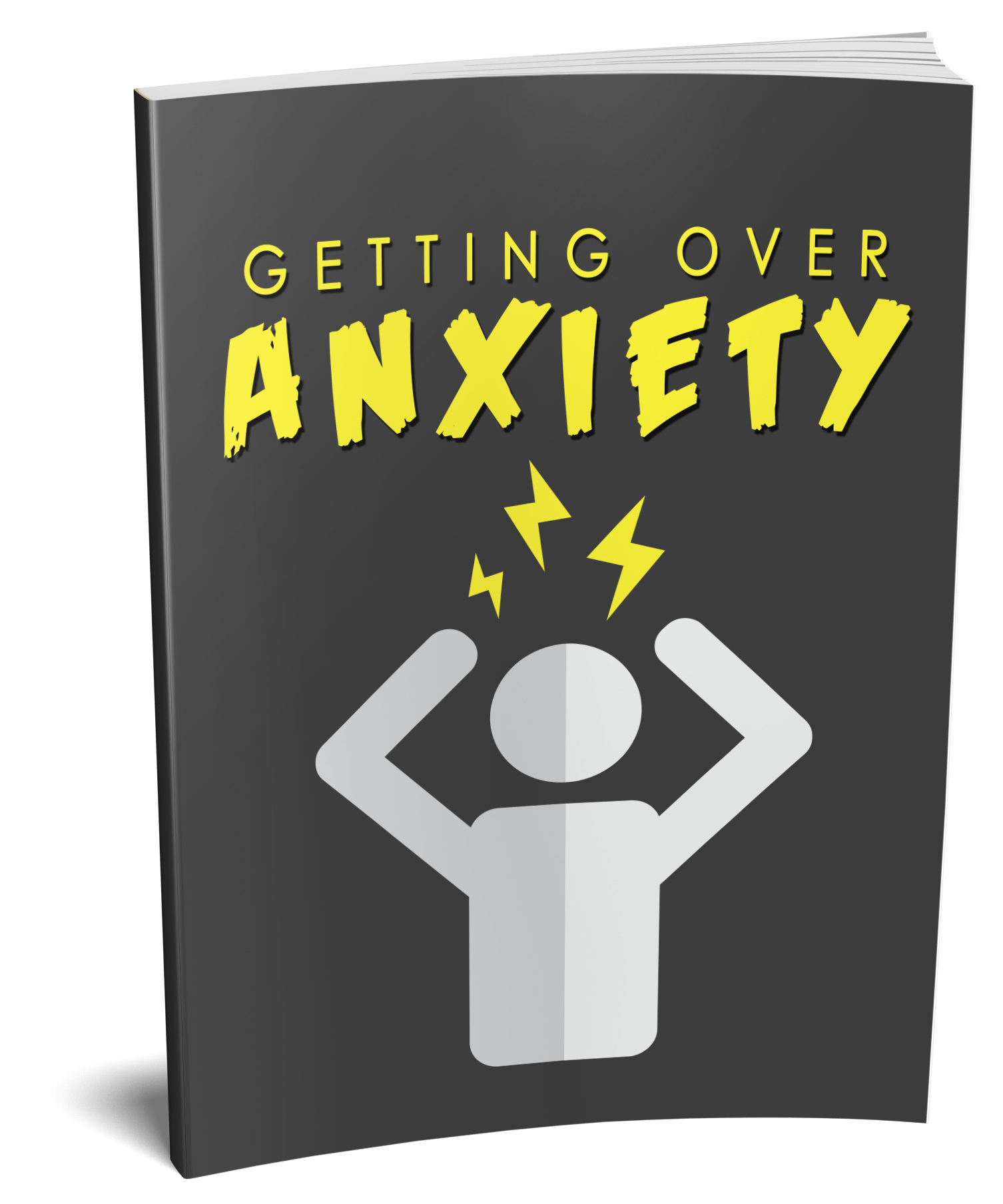Description
Common Physical Symptoms Of Anxiety
Some of the Physical Symptoms Of Anxiety
1. Headache
It is quite common for people with anxiety to experience frequent headaches. The onset of the headaches may occur when you are in a situation that is causing you severe anxiety. However, they may also develop simply as a result of the stress your body is going through due to the constant feeling of anxiety. You can treat headaches with over-the-counter medications, but some people find little relief with these medications, especially if the anxiety is still in full swing.
2. Nausea
Many people experience nausea when they experience a lot of anxiety. You may feel nauseous right after eating or whenever you are in a nervous situation. Nausea that persists and worsens with spicy or acidic foods and beverages can be cause for concern. The stress of your anxiety can cause a buildup of acid in the stomach and, over time, this can cause lasting digestive issues.
3. Frequent Urination Or Diarrhea
Some people have frequent urination or diarrhoea when they experience anxiety. This is your body’s physical reaction to the stress that it is being put under due to the anxiety. Stress causes a buildup of cortisol, which can cause urination or bowel irregularities. In some cases, drinking less caffeine can help alleviate some of these symptoms.
4. Insomnia
Many people who have high anxiety have problems with insomnia. The mind is so focused on things that happened throughout the day, or things that might happen tomorrow or some point in the future, that the person is unable to quiet their mind to go to sleep. The higher your anxiety, the more likely you will have trouble sleeping. Insomnia is especially severe for people with anxiety because, the less sleep you get, the worse your symptoms of anxiety will be, creating a vicious cycle.
5. Digestive Issues
Digestive issues can abound when you have high anxiety for long periods of time. Increased stomach acid for an extended period can lead to acid reflux or stomach ulcers. The buildup of cortisol, combined with extreme stress, can also cause medical conditions such as irritable bowel syndrome.
6. Decreased Libido
Some people who experience high anxiety over a long duration discover that they have a decreased libido. You may simply never feel the desire to have sex. This can put a strain on your marriage or intimate relationships.
Getting Help
If you recognize, or regularly experience, the physical symptoms of anxiety listed in this article, you should seek out the help of a therapist right away. Addressing your anxiety and treating it, as well as learning coping skills, can help prevent the anxiety from causing long-term health effects.
For self-help and coping strategies purchase our download “Getting Over Anxiety”






